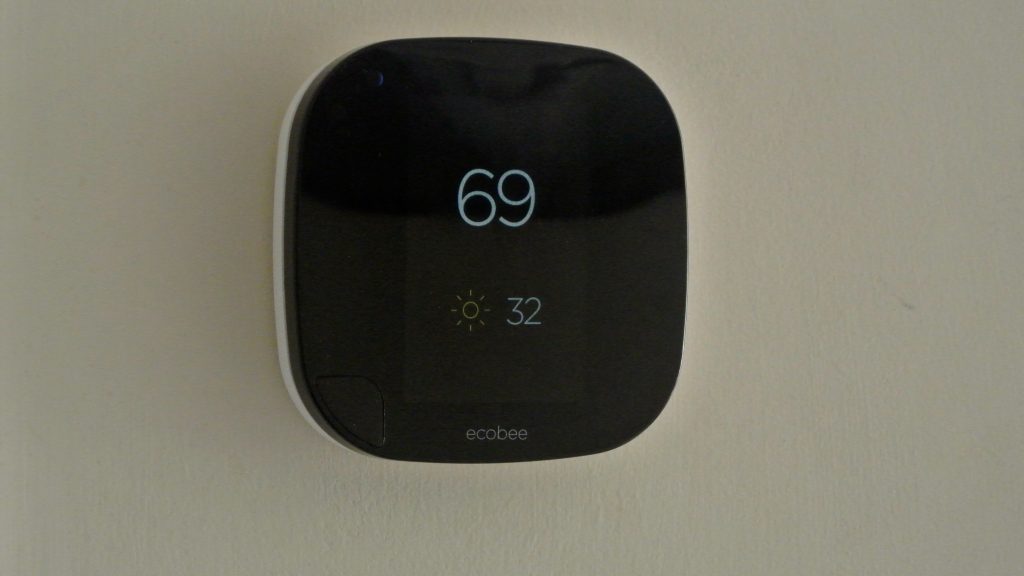Review: HomeKit-enabled ecobee3 Wi-Fi thermostat w/ remote sensors is perfect for Siri fans


A smart thermostat that you can control from your iPhone is nice, but if you’re a fan of Siri then HomeKit-compatibly is a must. The ecobee3 Wi-Fi thermostat can be controlled using Siri on your iPhone, iPad, or Apple Watch, and it uses remote sensors to determine temperature and presence around your home to be smarter about automating your HVAC system. Overall, the thermostat itself is rather slick and the software experience behind it holds up well. If you’re curious about HomeKit and in the market for a smart thermostat, the ecobee3 just might be the best option yet …
Expand Expanding Close


